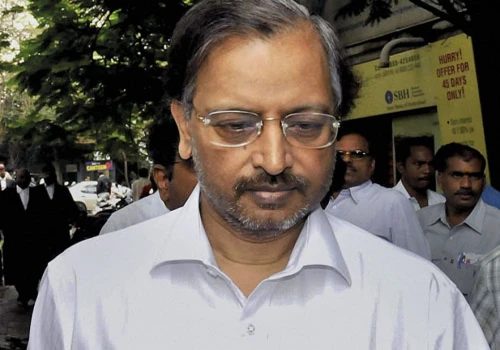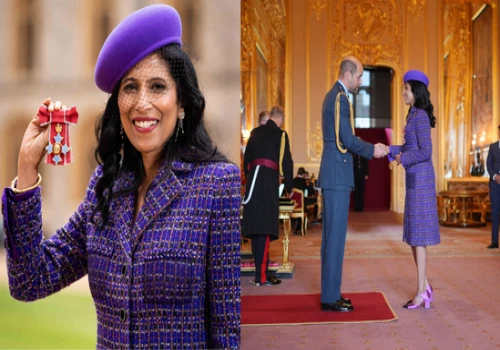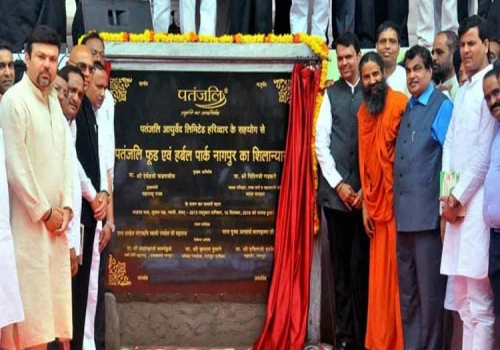
Blackstone Group, a leading global private equity firm, has announced its intention to significantly increase its investment in India. The company's COO, Jonathan D. Gray, pledged a whopping $2 billion annually for the Indian market, highlighting the country's immense potential. However, Gray also emphasized the need for reforms to further improve the ease of doing business in India.
While expressing appreciation for the government's initiatives like the Insolvency and Bankruptcy Code and the Goods and Services Tax (GST), Gray pointed out specific areas that could benefit from improvement. One key concern is the lengthy approval process for mergers and acquisitions (M&A) deals. In India, such deals can take up to two years to finalize, whereas in Blackstone's home turf, the US, they can be completed within weeks. This sluggish pace creates unnecessary hurdles for investors.
Another hurdle identified by Gray is the complex process of privatizing listed companies in India. Current regulations require approval from over 90% of shareholders, making privatization deals "mathematically impossible" according to Gray. He attributes this, in part, to the high number of listed entities in India (roughly double that of the US) with a significantly lower total market capitalization. Streamlining the privatization process could unlock significant value for investors and the Indian economy as a whole.
Blackstone's success story in India serves as a testament to the country's attractiveness. Having operated in India for nearly two decades, Blackstone boasts Indian private equity (PE) investments as its top performer globally. Their real estate ventures, which have solidified their position as the largest landlord in India, have also generated substantial returns. The firm's total investment in India to date stands at $50 billion, with current asset value at $30 billion. A dedicated team of 75 investment professionals based in Mumbai actively seeks opportunities across various sectors.
"One reform that can significantly unlock the market's potential," Gray suggested, "is the ability to take companies private for improvement and then reintroduce them to the market with a larger scale." This strategy would allow for enhanced value creation before public listing.
Blackstone also recommends further streamlining commercial dispute resolution mechanisms. Gray believes that expediting these processes would make India a more attractive destination for global capital. Additionally, he highlighted specific reforms that could benefit the real estate sector, such as allowing public funds to invest in Real Estate Investment Trusts (REITs). Blackstone itself has sponsored three of the four currently listed REITs in India.
Gray acknowledged India's growing economic momentum, a factor that is undoubtedly attracting a surge of global investment interest. Blackstone is not alone in recognizing India's potential. The firm's existing investments and planned future commitments underscore their confidence in the Indian market.Blackstone's senior managing director, Amit Dixit, elaborated on the firm's ambitious growth plans for India. Over the next five years, they anticipate a $25 billion increase in their Indian asset value. This growth will be driven by a combination of $17 billion in fresh investments and up to $7.5 billion in value creation from existing portfolio companies.
While Blackstone remains bullish on India, their recommendations for streamlining regulations and M&A processes highlight areas where the government can further enhance the business environment. If addressed effectively, these reforms could unlock even greater investment potential and propel India's economic growth trajectory.












